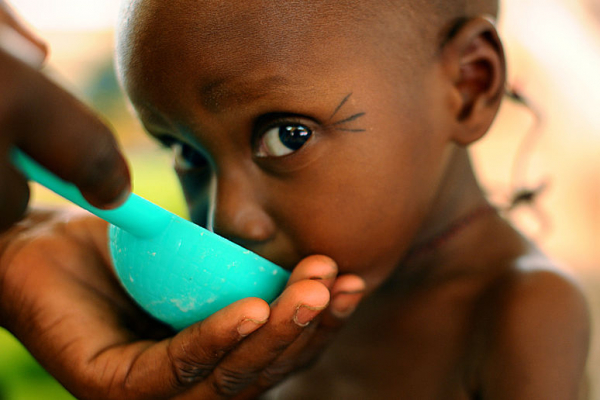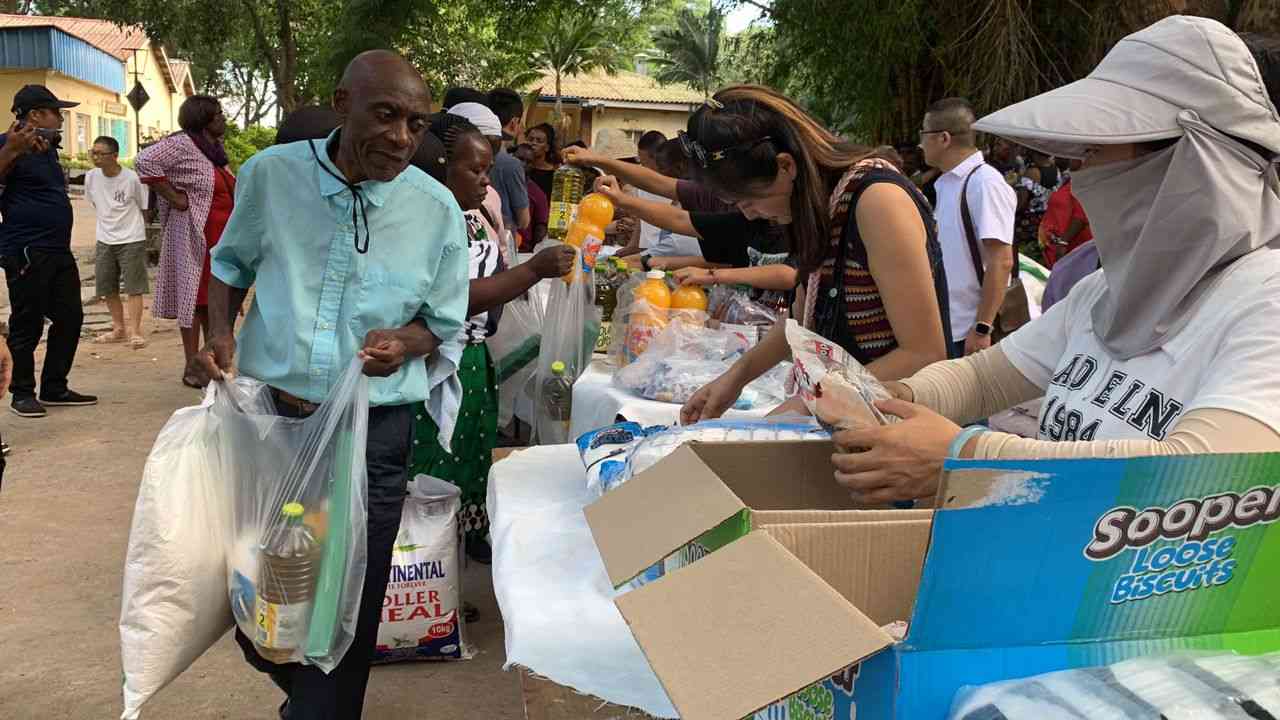
CASES of severe malnutrition involving children less than five years have significantly gone down in Shamva following aggressive advocacy efforts by the Ministry of Health and Child Care in conjunction with Save the Children.
by PHYLLIS MBANJE
Shamva, along with Gweru, Binga, Kariba and Chegutu, were some of the districts with highest cases of malnutrition due to adverse effects of the El Nino-induced drought.
Malnutrition remains a serious health burden in Zimbabwe with reports that 45% of child deaths are attributed to the condition. Food insecurity at the household level is one of the underlying causes of malnutrition along with other causes like lack of general good care for children.
“Malnutrition is often difficult to diagnose because the child becomes susceptible to other diseases,” Save the Children manager for the nutrition programme Tendai Gunda told journalists on a tour of areas which recorded successful interventions in preventing children from dying from malnutrition.
Gunda said the areas had battled with the burden for two years.
“The situation was bad until we got funding through Unicef and managed to mobilise communities and train village health workers on proper feeding of babies which includes exclusive breastfeeding for the first six months,” said Gunda.
Exclusive breastfeeding helps brain development and prevents disease development within a child. However, because of some cultural practices people are still mixing feeds. Zimbabwean women are also lagging behind in this practice despite the benefits.
- Chamisa under fire over US$120K donation
- Mavhunga puts DeMbare into Chibuku quarterfinals
- Pension funds bet on Cabora Bassa oilfields
- Councils defy govt fire tender directive
Keep Reading
During the media tour, horrific stories were told of newborn babies being given porridge. This compromises their health and results in delayed physical and mental growth.
Some were being given cooking oil after being “prescribed” by some faith healers.
A village health worker Jaya from Chataika village said they had to employ aggressive tactics to change perceptions.
“Our biggest challenge was the older generation who were giving the younger generation distorted information. But now we are recording less cases of malnutrition,” said Jaya.
The Shamva community has also rallied around the project and formed support groups which are instrumental in sharing information and offering moral support.
“My child almost died because I was not feeding her properly. I actually gave her porridge soon after birth,” said a young mother, whose baby is now recovering from malnutrition.











